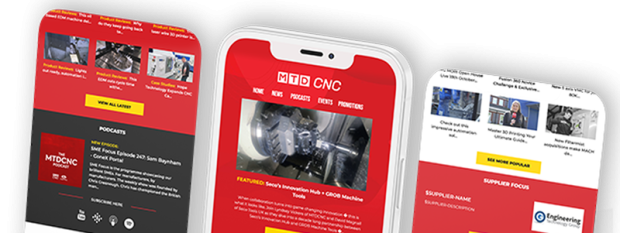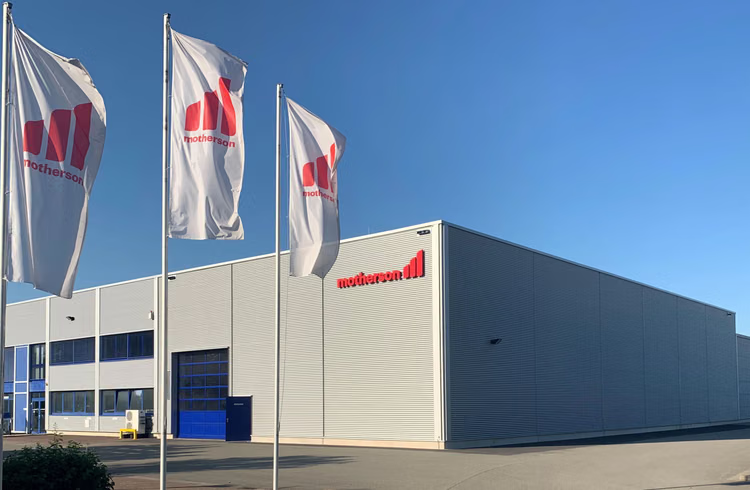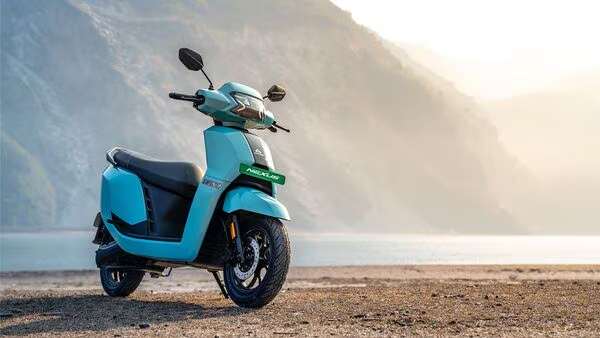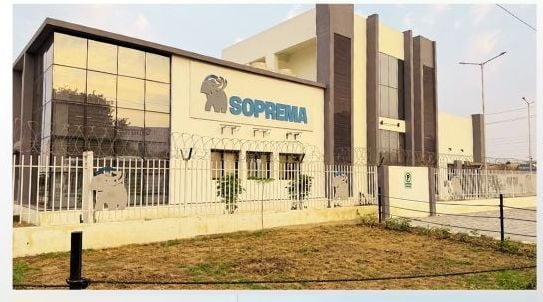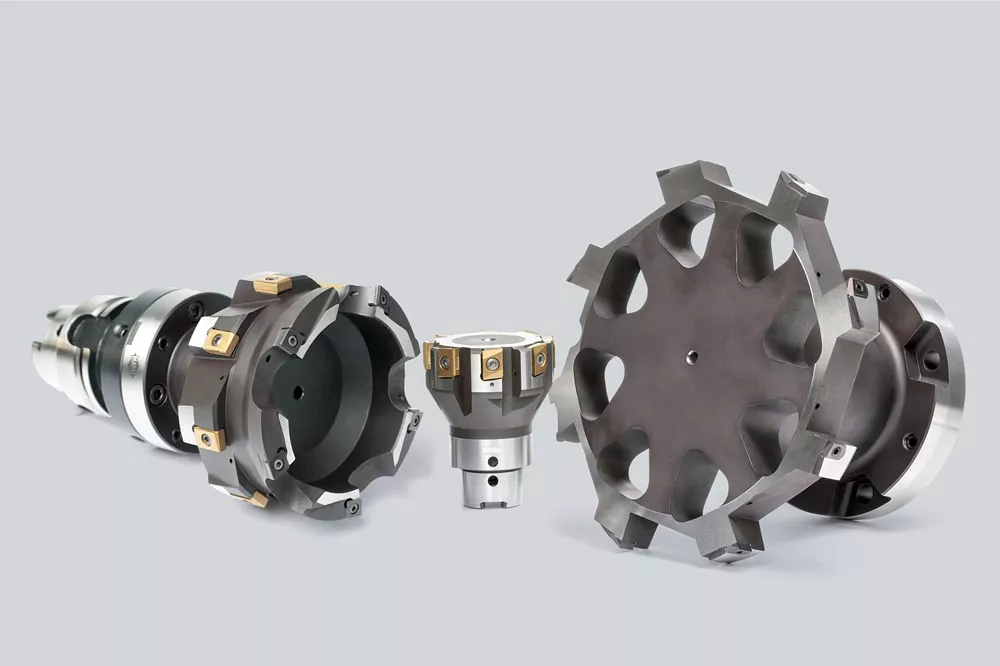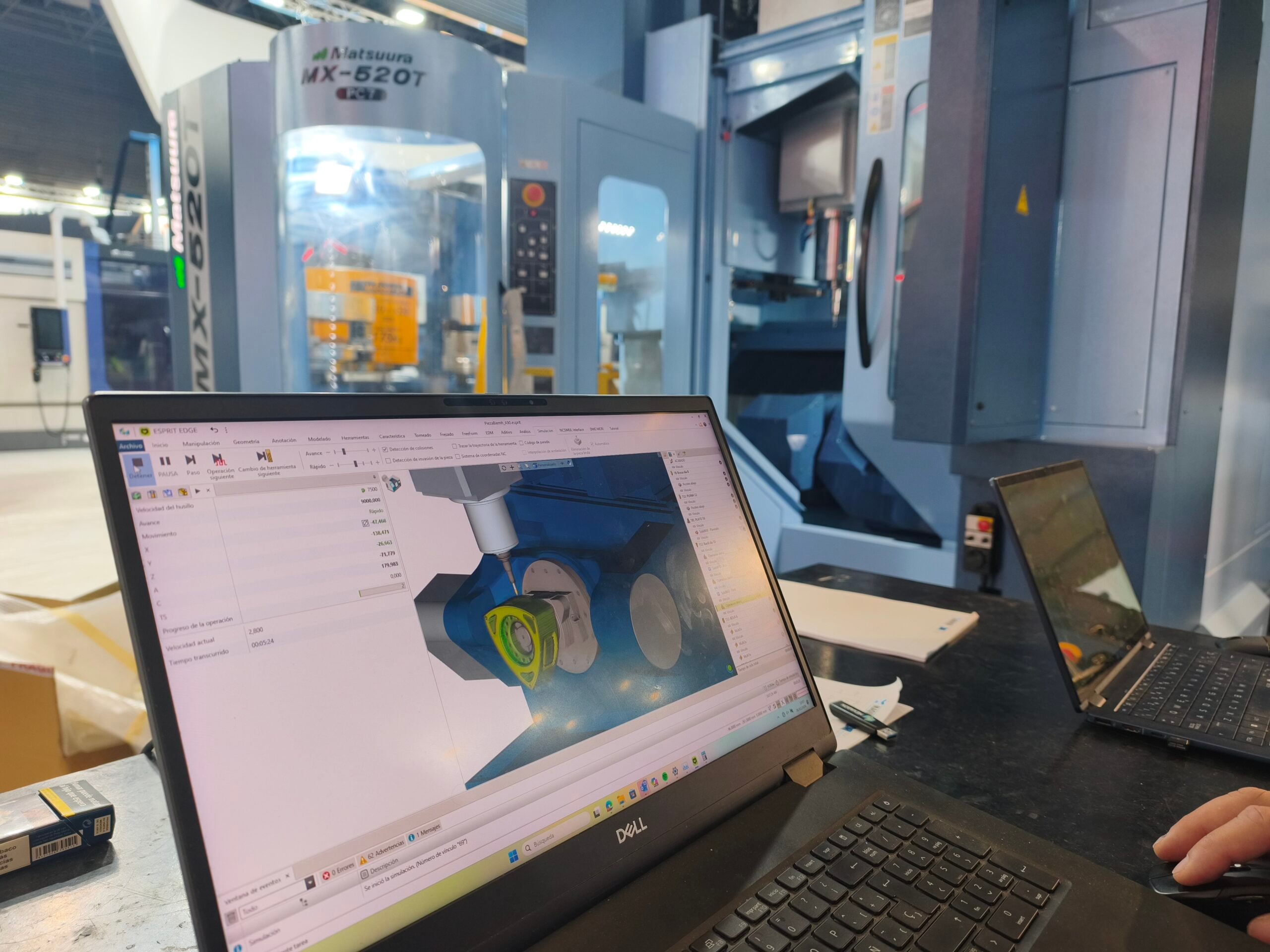
Leonardo wants UK suppliers to strengthen valuable MoD helicopter bid
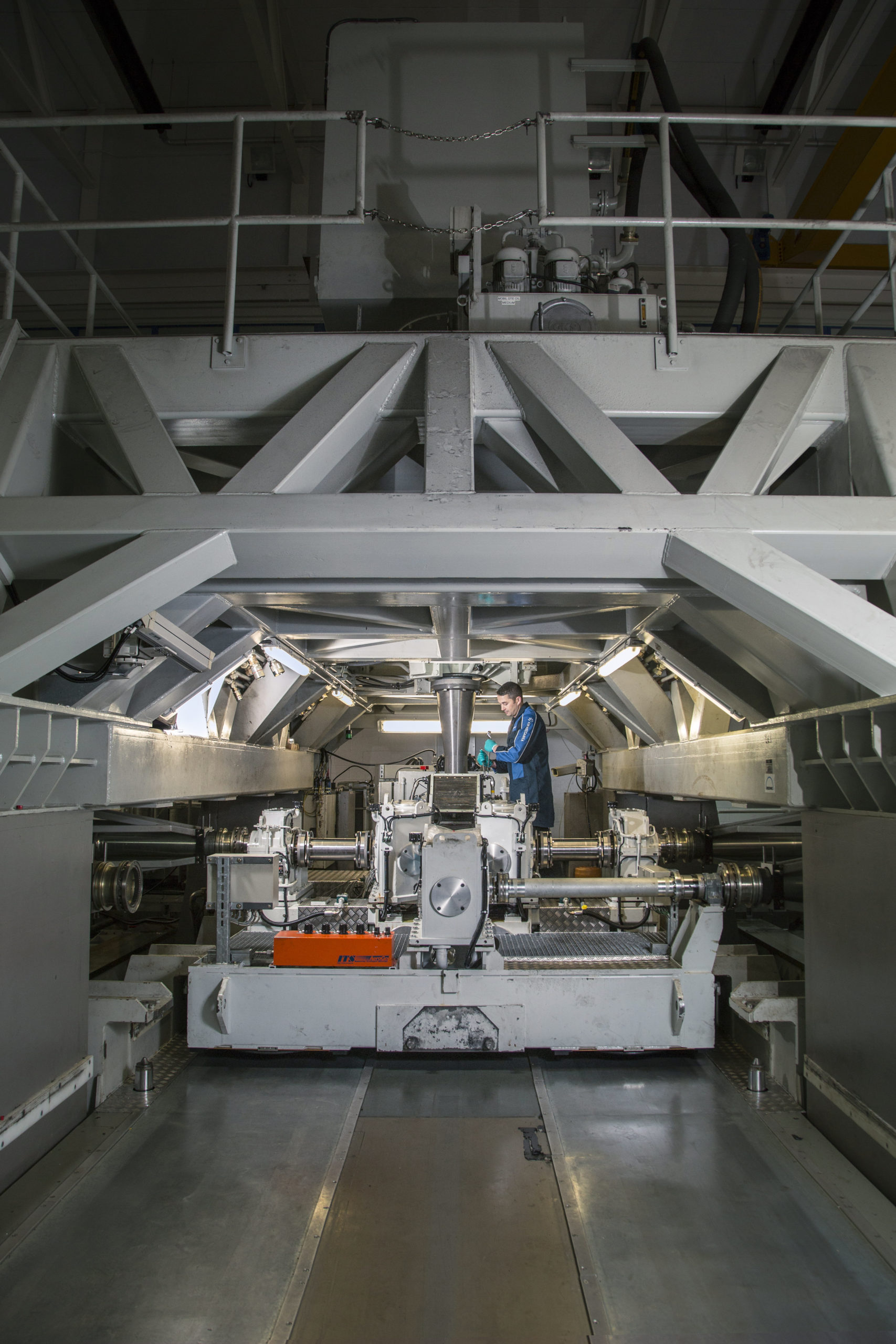


Nick Whitney MBE and his team are very excited. The UK Ministry of Defence (MoD) has a New Medium Helicopter requirement to replace the ageing Puma HC2 fleet, a contract worth about £1 billion, and Leonardo’s AW149 helicopter is a leading contender in the competition. The managing director of Leonardo Helicopters (UK) knows that a successful bid would mean building a new, modern production line at Yeovil and securing hundreds of jobs at the site which employs nearly 3,000 people.
The MoD contract will be for between 36 and 44 aircraft, but that’s likely to be the tip of the iceberg. Analysis shows that, if successful, the British-built AW149 will be a popular aircraft globally, potentially generating orders for more than 500 units. Other bids for the lucrative contract come from Airbus Helicopters, Bell and Lockheed Martin.
Consequently, Leonardo is pouring a lot of time and money into building its bid, majoring on its largely British supply chain, its varied capabilities and location. It already has 70 UK companies in its Team AW149 consortium of suppliers, demonstrating to the UK government this is a very British entry.
Yeovil designs, manufactures, repairs, overhauls, tests and flight tests engines, gearboxes, sub-systems and helicopters, primarily military ones. The site provides Integrated Operational Support for the UK Armed Forces Wildcat, Apache AH Mk.1 and Merlin helicopters, and provides technical support and training for the Sea King which is still in service with some customers. There has been an airfield with aircraft operations at this site since 1915.
There are two primary manufacturing centres of excellence (CoEs) that form part of a larger manufacturing capability within the helicopters division. The CoEs are associated with transmissions and Dynamic Composite Components, known as DCC, for the manufacture of rotor systems.
MTD speaks to Managing Director Nick Whitney about the site and facilities at Yeovil, the AW149 bid’s supplier opportunities and its investment in people and training.
Nick: I would describe Yeovil as the only total helicopter capability provider to both the Ministry of Defence and export customers, in the UK. We deliver the full service from very early research and development, engineering design, into manufacturing with many capabilities, then prototyping and development. We build prototypes, take them through tests and clear them and then go into production. We have the production facilities, the testing facilities, test flight facilities, and we have the airfield. Then we provide customer acceptance, training, and long-term support.
With MRO (maintenance, repair, and overhaul) we supported the UK Ministry of Defence’s Wildcat, Apache and Merlin helicopters and we’ve got some long-term support contracts in place with the MoD, and now offering that support in the export market.
Workshare
About 70% of the content of the Merlin and Wildcat helicopters that are built here are manufactured on-site or supplied by UK companies. The AW149 programme is being built to have heavy British content, about 60%-70% of the value, with 70 companies in the UK supply chain that supplies to Yeovil, and nine companies so far named in ‘Team AW149’. Contract terms say that some content for UK built helicopters is offset to international suppliers.
What components are
manufactured in Yeovil?
The two CoEs produce transmissions (gearbox components) and dynamic composite components, or DCC, namely rotors. The gearboxes transmit huge power loads from twin engines (Wildcat) and three engines for the Merlin and are designed to manage complex heat treatment processes. Gearboxes of helicopters in service get overhauled and tested. Gearbox casings, purchased from the supply chain, are machined here.
The main and tail rotor blades are manufactured from composite materials here. We have that whole capability here on site from weaving the carbon fibre, and building a composite spar, to manufacturing the titanium tips and leading edge with an erosion shield, fitting memory foam etc, and compressing and curing the blades in an autoclave. Many of our processes are unique, and we rely on our skilled labour force very much.
AW149: Leonardo’s NMH bid offers that total helicopter capability and also offers a largely British supply chain. Is that important for the MoD?
We recognise that there are some key buttons the MoD are keen for the contract to hit, initiatives that they’ve announced in the DCS and the IR. These reference UK prosperity and foreign direct investment, jobs and involving the younger generation. We can hit all those buttons.
We’re looking to exploit many of our existing suppliers, and new suppliers in the UK, to feed into 149 production because that is how we’re going to create prosperity in the UK. We’re making the noises about our apprenticeship programs and how the 149 is going to be built in the UK and the export motive from the UK. We’re making noises about hey, we already have an established factory here support in three days and jobs. No one else does.
We will establish a production line at Yeovil to build the MoD aircraft and, should they commit to buying the 149 from Leonardo, that secures the necessary investment, we would also look to export these aircraft – so we’re not just talking about a build line of 36 to 44 aircraft, the MoD requirement, we’re talking about many hundreds of aircraft because we’ve analysed in the next 10 years. Our belief is we predicted 500 aircraft and the Department for International Trade believe it could be more like 550.

This will give prosperity to the UK economy, well beyond the duration of the New Medium Helicopter contract. We would also get the support and MRO revenues, and the training revenues that come with it so it’s a huge boost.

There are several parts and component companies we are actively working to onshore, and we are also looking to introduce new suppliers to our supply chain base.
We are looking for suppliers that can deliver on their promises because we need a secure supply chain that feeds a continuous production line. That is what’s at stake to fulfil export aircraft that could follow the MoD order. And that’s why we were looking for those long-term partnering types of arrangements with companies to go forward.
In the near future, the intention is to hold a wider supply chain event at Yeovil to look at potential further opportunities for UK suppliers to join the AW149 team. This might give opportunities for companies to join other helicopter programmes as well. We’re always looking to consolidate our supply base, and we need the security of supply. We also need companies that are forward-leaning and will work with us on product development as we go forward, so yes supplier opportunities are open and fluid.
Training and apprenticeships
One of the most important things for the business is that we still take on 60 to 70 apprentices every year, offering career opportunities from 16-years old in craft technician apprenticeships, and we recruit graduates. We must maintain and renew that set of skills that our specialists bring in every day that they have developed over many years.
I can think of no better career than starting in an engineering environment, where I started my career as a 16-year old; whether that be a machine shop or an aircraft build environment, or as a technical office apprenticeship is a great start.”
Engineering covers everything from car mechanics to heavy machinery to high-end electronic design and manufacture, space technologies and now cyber. We make youngsters more aware of those STEM opportunities. We see this as a key role to promote this – and we see our apprentices and students talking to their peers about STEM trying to stimulate their interest.



